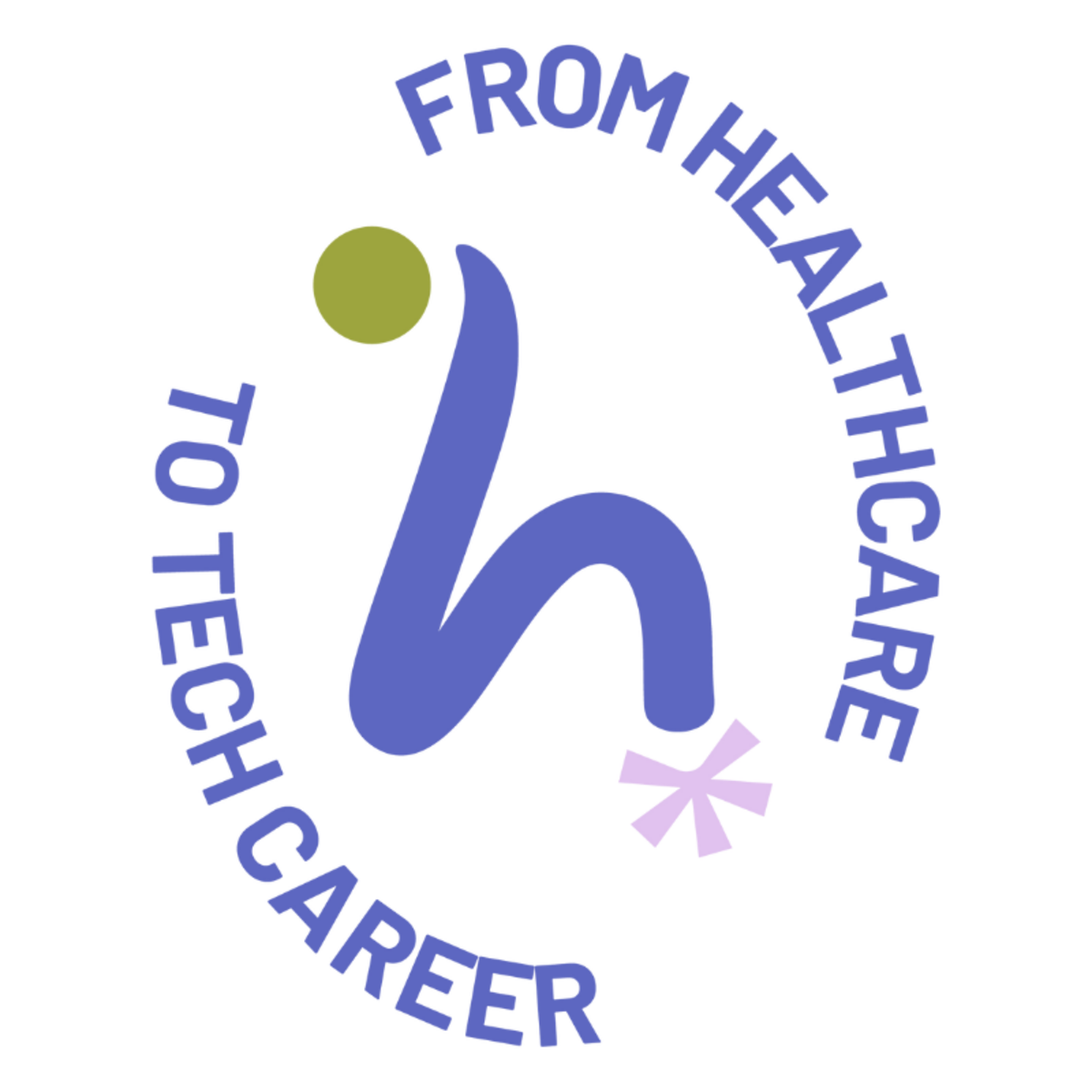Hey Health Techies!
First, a reminder that Health Tech Success, my 8 week program for clinicians looking to pivot to health tech, is back. Join other motivated clinicians to get clear on your path, identify your transferable skills, craft your messaging and personal brand, and begin applying to your next role with the support and guidance of someone who has been there. Enrollment closes tomorrow at 11:59pm ET.
Ok, onto a dose of reality. 💊 The truth is that I love helping people use their skills in new ways. But it doesn’t come without some big self-reflection moments. You see, you thought long and hard about going into healthcare. Maybe it was a passion, maybe it was external expectation, but whatever the reason, it was a commitment that you made and had to work toward for years. It’s natural that you may second guess wanting to make a change.
And just when you’re done questioning yourself…
🤨 Be prepared for other people to question you.
Pivoting in your healthcare career hits you with a trifecta of questions. First, there’s probably a normal amount of questions that any career changer gets — “Are you going back to school?” “Why would you want to start all over again?” “In this job market?” — trust me, those are usually uninformed questions. You do not have to go back to school or start all over again. And the job market? Much like the stock market, there is no sense in trying to time it.
Then there are the next set of comments from other healthcare professionals — “Why would you leave a stable job?” “Hope you’re ready to take a paycut!” — ultimately causing doubt as you try to find your way. The truth is that these comments aren’t based in fact either, and can really limit what people think their options are outside of direct patient care.
Then there are the questions from those outside of healthcare — “Why would you want to leave the bedside?” — for those that haven’t been there, they don’t know the whole struggle. Yes, direct patient care can be so rewarding, but it can also be the most exhausting, emotional, stressful work that a person can do. And we don’t do enough to support our frontline healthcare workers as they experience all of this.
All of these questions from others are enough to make you question yourself once again, but stay strong!
🧑🏻⚕️ Your clinical experience is valuable, but you’ll need to translate it into business and tech language.
Understanding workflows, patient needs, and clinical inefficiencies can make you a key player in health tech—but you must learn how to communicate these in ways that resonate with tech and business leaders or you won’t be able to show how you can provide value outside of the clinical setting.
Unfortunately if you have spent the majority of your career doing clinical work, you haven’t needed to build your business acumen. This can make this feel particularly hard to convey your business skills. A strategic job search includes spending time doing this work, so that you can easily explain to others along the way.
🔍 The job search process is different outside of patient care roles —networking and storytelling matter more than just applying online.
Unlike traditional job applications, many health tech roles are filled through referrals and strong personal branding. Showcasing your expertise on LinkedIn, attending industry events, and building relationships with those already in the space will significantly improve your chances of landing a role.
💻 You don’t need to code, but you do need to understand the digital tools shaping healthcare. Familiarity with EHR systems, digital health platforms, AI, and health data analytics will help you stand out and adapt more quickly in a tech-driven environment.
Many clinicians undervalue how much they actually know about healthcare software and how it functions. In some cases, clinical users know these products and their quirks better than the people building them because you are using them all day everyday. Lean on that as your superpower in interviews.
✅ Imposter syndrome is real, but you’re more qualified than you think.
Transitioning to a new industry can feel intimidating, but remember that your deep understanding of healthcare challenges is something tech professionals often lack. They value a team member who can relay real life experience to the team and bring a sense of practicality to the work to be done.
The reality of making the switch? If planned with proper intention and care, it doesn’t actually have to feel like a switch at all. It can feel like a very natural expansion of your skillset and a fulfilling next step in your career. And if you are interested in taking this step, you’re in the right place.
📰 Weekly Wrap-up
ViVE conference gives a glimpse into what healthcare leaders are focused on in 2025
Study shows physician enthusiasm over AI is growing
📌 Job Board
Don’t miss these open roles 👀
Senior Operations Manager - Prompt
Client Operations Manager - Capital Rx
Clinical Application Support Analyst - Sun Behavioral Health Group
and more!
Until next time,
Lauren
P.S. Don’t forget! Doors are closing tomorrow at 11:50 ET for this cohort of Health Tech Success. If you want to land a nontraditional role in health tech this year, and want the resources and roadmap to get it done, I’d love for you to join us!

